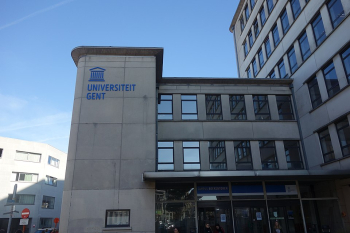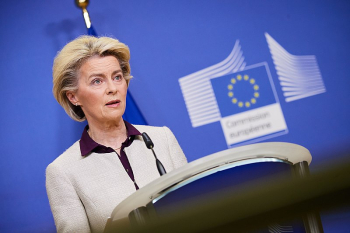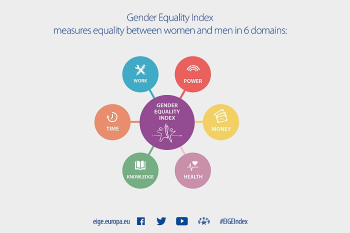
The European Commission has requested an explanation from Meta, the parent company of Facebook and Instagram, regarding the recent removal of the CrowdTangle tool,
which is crucial for identifying and analyzing disinformation on these platforms. The Commission is seeking to verify Meta's compliance with EU regulations following this change.
CrowdTangle, a tool that tracks rapidly spreading stories on Facebook and Instagram, has been unavailable since August 14. This has caused concern among researchers and journalists who relied on it to monitor the spread of conspiracy theories, incitement to violence, and foreign manipulation campaigns in real-time.
The Commission has specifically asked Meta to provide detailed information on the measures it has taken to fulfill its obligations under the Digital Services Act (DSA), particularly in terms of granting researchers access to data from Facebook and Instagram.
Meta has been given until September 6 to supply the requested information. Depending on the Commission's assessment of Meta's response, potential actions could include interim measures or decisions regarding non-compliance.
This inquiry is part of a broader investigation initiated in late April, five weeks before the European elections, targeting Facebook and Instagram for allegedly failing to meet their responsibilities in combating disinformation. One of the EU's main concerns is the removal of CrowdTangle without providing an adequate replacement.
The decision to discontinue CrowdTangle has faced significant criticism on both sides of the Atlantic. The Mozilla Foundation, a global non-profit organization, urged Meta in an open letter to retain the service until at least January 2025, citing the numerous upcoming elections in 2024, including the U.S. presidential election.
The letter emphasized that "abandoning CrowdTangle... undermines the fundamental principle of transparency" and represents a "direct threat" to the integrity of elections.

















